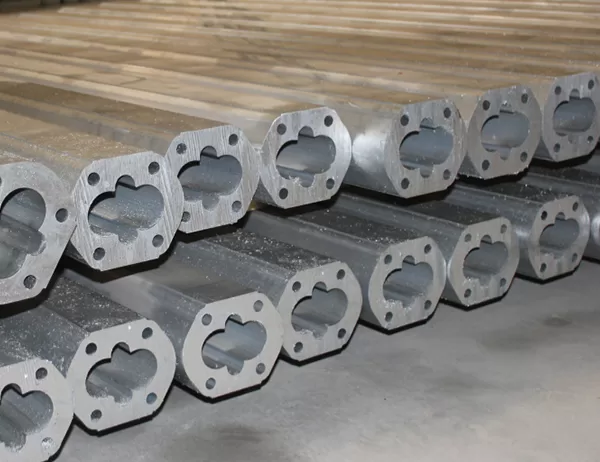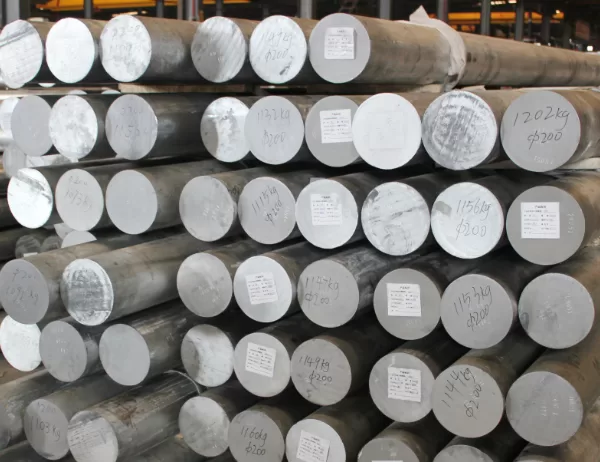Extruded aluminum pipes have become increasingly popular in various industries due to their exceptional properties and versatility. These pipes offer a combination of strength, durability, and corrosion resistance, making them ideal for a wide range of applications. This article will delve into the key benefits of using extruded aluminum pipes and explore their diverse uses across various sectors.
Extruded aluminum pipes are incredibly lightweight, making them easy to handle and transport. Despite their light weight, they exhibit remarkable strength and durability. They can withstand high pressure and impact forces without compromising their structural integrity. This makes them well-suited for applications where weight reduction and resilience are paramount.
Aluminum naturally forms a protective oxide layer when exposed to air, which prevents rust and corrosion. This inherent corrosion resistance makes extruded aluminum pipes ideal for use in harsh environments, such as marine applications, chemical processing facilities, and outdoor structures. They provide long-lasting performance and minimize maintenance costs.
Extruded aluminum pipes can be produced in a variety of shapes, sizes, and lengths, allowing for customization to meet specific application requirements. This versatility enables manufacturers to create pipes that are tailored to their unique designs and specifications. The pipes can also be anodized or powder-coated to enhance their appearance and resistance to abrasion.
Aluminum has excellent thermal conductivity, making extruded aluminum pipes suitable for applications where heat transfer is crucial. They can be used as heat sinks in electronic cooling systems or as conduits for hot water and steam distribution. On the other hand, aluminum is a nonconductor of electricity, providing electrical insulation in applications where electrical safety is paramount.
Aluminum is a highly recyclable material, making extruded aluminum pipes an environmentally friendly choice. Recycling aluminum requires less energy and resources compared to producing new aluminum, reducing carbon emissions and conserving natural resources. The pipes can be easily recovered and reprocessed at the end of their lifespan.
Extruded aluminum pipes find extensive use in various industrial sectors, including:
– Aerospace: Lightweight and durable aluminum pipes are used in aircraft structures, spacecraft components, and fuel lines.
– Automotive: Aluminum pipes are utilized in vehicle frames, bumpers, and exhaust systems to reduce weight and improve performance.
– Construction: Aluminum pipes serve as structural elements in buildings, such as roof trusses, curtain walls, and balconies.
– Shipbuilding: Corrosion-resistant aluminum pipes are used in marine applications, including boat hulls, superstructures, and deck fittings.
– Medical Equipment: Extruded aluminum pipes are employed in medical devices, such as MRI scanners, surgical instruments, and patient support equipment.
Extruded aluminum pipes offer a unique combination of properties that make them invaluable in a wide range of industries. Their lightweight, durability, corrosion resistance, versatility, and sustainability contribute to their widespread adoption. As technology and innovation continue to advance, extruded aluminum pipes will undoubtedly play an even more significant role in shaping the future of various industries.




